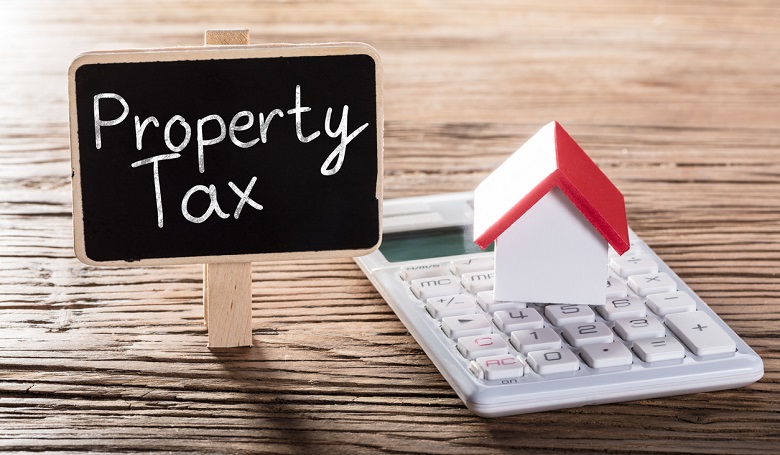
July 15. By Dave Vieser. In past years, the adoption of the Cornelius town budget has been a lively event. For example, in 2018, budget hearings were emotional, dominated by demands for salary increases for firefighters. Not so this year, despite the unknown ramifications caused by the pandemic.
Elected officials seemed to be generally satisfied with the $26.1 million spending plan put forth by Town Manager Andrew Grant, even though it was an increase of some $3 million over this year’s budget.
Grant says the increase in spending was driven, in part, by capital projects which will be carried over into the next fiscal year. The budget was adopted unanimously on June 21.
Citizen input on priorities
“In reality, over a thousand Cornelius residents helped us develop the FY22 budget by completing the Town’s first-ever budget survey in the winter,” Grant said. The survey identified the top five priorities for the town: Public safety, transportation, parks and recreation services, public works and, last, economic development.
The tax rate stays the same. The town’s total combined assessed value is $7.55 billion this year vs. $7.52 billion last year.
The spending plan includes:
• $42,000 to provide a 1 percent market adjustment to all sworn police officers, which remains stable at 63, and an overall 2.3 percent increase in the police budget;
• 187,000 to maintain the six full-time firefighters hired during the past year,
• $278,000 to cover an average 3.25 percent merit raise for all employees.
Parks and recreation spending is projected to decrease by some 3.2 percent, largely due to reductions in capital spending for the Bailey Road lights, which are being done now.
As for the Cain Center for the Arts, Grant says that the town’s annual operating contribution remains at $289,600. However, CCA will also receive the net cost of operations from the existing Cornelius Arts Center when they assume management September 1 (10 months of operation in FY 22), which is $95,146.
While the town property tax rate remains stable at .222 per $100 of assessed valuation, there are some sidebar increases. For example, ElectriCities customers will face a 4.9 percent residential rate hike in each of five years included in the budget beginning in July. A wide array of park fees will also go up 5 percent.
Taxes stay the same
For property owners, taxes stay the same.
The .222 local tax rate means a $666 levy on a $300,000 property.
With the county tax rate also level at .6169, the county will collect $1,850.70 on that same $300,000 property.
The total: .8389 per $100 of assessed value, or $2,516.70 on a $300,000 assessed value.
One unknown is the exact amount of money the town will receive from the American Rescue Plan approved by Congress earlier this year. Town officials have had difficulty getting solid figures.
Budget outlook
Grant anticipates dipping heavily into the town’s Fund Balance for the foreseeable future beginning in FY 2023 which begins a year from now, as debt service increases mostly due to road improvements. At the same time, Mecklenburg County has moved to a four-year revaluation cycle with the next one expected to take effect Jan. 1, 2023.

Grant
The rate could stay the same, but, with higher valuations, individual property tax bills could go up. In FY20, the rate was lowered from 25.5 to 22.2 cents, but there was a 2 cent increase above revenue neutral.
Referring to the town’s debt burden in the years ahead, Grant stated: “Due to this non-sustainable situation, will need to make a future decision on tax rate or a future significant reduction in costs.”





